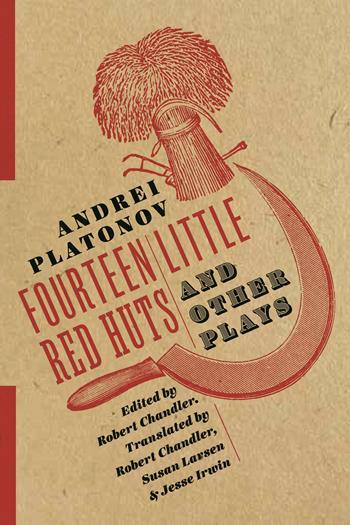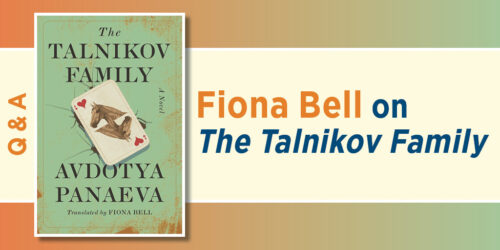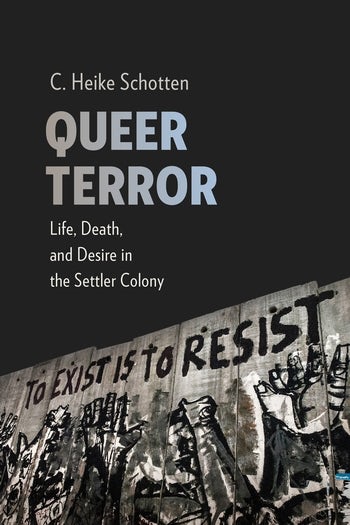Thoughts on and an Excerpt from Fourteen Little Red Huts and Other Plays by Andrei Platonov
This post is a part of the inaugural week of the Russian Library, a new series that seeks to demonstrate the breadth, variety, and global importance of the Russian literary tradition to English-language readership through new and revised translations of premodern, modern, and contemporary Russian literature.
Enter the Russian Library Book Giveaway here
Today Adham Azab-Xu, Ph.D. candidate in French and Romance Philology at Columbia University and current Fellow in Academic Administration here at Columbia University Press, responds to Fourteen Little Red Huts and Other Plays by Andrei Platonov, edited by Robert Chandler and translated by Chandler, Jesse Irwin, and Susan Larsen.
When Christine Dunbar, the editor of the Russian Library Series, asked me to read Fourteen Little Red Huts and Other Plays by Andrei Platonov, edited by Robert Chandler, I wasn’t sure I would enjoy it—I certainly don’t have a background in Russian literature, and have never been an enthusiastic reader of plays. But once I began reading, I was quickly engrossed in the stories these plays have to tell, which is why I am writing this post and urging you, our readers, to give Fourteen Little Red Huts and Other Plays a chance.
In his excellent introduction to this book, Chandler writes that “like all great art, [Platonov’s] stories and plays can speak to a reader who knows little or nothing about the author and his times. Platonov’s deepest concerns were, in fact, always universal—philosophical and psychological more than political” (xxvii). We often perceive great art as great particularly because it continues to appeal to us in changing times, or because changes in our own perspective fill it with new life. In a way, then, great art is both timeless and ephemeral—it endures, but it variously reflects differing perspectives across physical and temporal boundaries.
Wanting to disconnect from the world for a bit, I began reading Fourteen Little Red Huts on November 8th—the day Donald Trump won the presidential election—and Chandler’s observation resonated deeply with me. Like many people I know, I was up in arms for the whole presidential campaign about the unmitigated triumph of disinformation. Even now, fake news sites spread it relentlessly and virulently, and large groups of people (some of whom I know intimately) only double down on their beliefs when presented with information that contradicts the most damaging and outlandish conspiracies. On November 8th, I saw that ours is not unlike the world to which Platonov bears witness in Fourteen Little Red Huts and Other Plays—his characters, in spite of their suffering, and in spite of the obvious signs of falsehood that surround them, cleave ever more closely to their beliefs, or to what they are told to believe, and it certainly doesn’t do them any good.
Granted, to put things in historical context, Platonov’s characters, living—or, more accurately, starving to death—on collective farms (or kolkhozy) in Soviet Russia, are faced with a choice between what they’re told to believe, on the one hand, and the Gulag* on the other. While it is reassuring that relatively few people in the world today have to make such a choice, it is important not to forget that these plays’ most dystopic scenes represent Platonov’s real-life experience as a land reclamation expert in the 1920s, and as a writer sent to report on events in the Soviet countryside between 1929 and 1932. Between 1932 and 1933 alone, the Encyclopedia Britannica estimates that six to nine million people died of hunger in the fields, but even as Platonov’s characters wither away and die, many of them refuse to acknowledge the direness of their reality. They continue to toe the party line.
The plays’ jarringly unnatural, morbidly jocular language, especially in The Hurdy Gurdy and in Fourteen Little Red Huts, testifies to the unbelievability of the situation their characters find themselves in, and I sense that in using this kind of language in these two plays, Platonov was walking a fine line—struggling to find a truthful way to express the dystopic suffering he witnessed without getting himself sent to the Gulag. On several occasions, though, it seems a wonder that Platonov got away with writing so openly about the famine, since the Soviet government denied its existence and criminalized all discourse about it. To this effect, the cries of starving children in Fourteen Little Red Huts are both poignant and remarkable—a true act of literary bravery, even if none of these plays, and only one of the works Platonov wrote about the collectivization or about the famine, were published during Platonov’s lifetime.
In light of this fact, it is perhaps not surprising that Platonov expresses a distinct ambivalence about the value of writing in his plays. Reading Fourteen Little Red Huts in particular, it seems fair to say that he would reject the notion of literary bravery altogether; the three writers in Fourteen Little Red Huts certainly do not come across in a positive light, and, in the same play, reading appears to be little more than a diversion for those who are both starving and bored to death on the kolkhoz. And yet, Platonov still wrote these plays—plays that have often been deemed unperformable on account of their unusual stage directions, which seem more aimed at readers than at potential viewers. Why write plays that aren’t really plays? And why write at all, when it won’t get you anywhere?
If there is any value at all in writing, I would argue that, as far as these plays are concerned, it has more to do with revealing the suffering of the voiceless than with trying to assuage that suffering, which would be an exercise in futility. Platonov offers these voices up to us, and, eighty-five years later, they still speak to us, reminding us in so many ways that we “shall languish without motion amid the historical current, […] the same piffle as everything living or dead” (159).
At any rate, I hope all of you will read Fourteen Little Red Huts and Other Plays! Especially now, it will give you a lot to think about.
*Editor’s note: Not yet called the Gulag, but the point still stands…
See below for an excerpt from Fourteen Little Red Huts:





